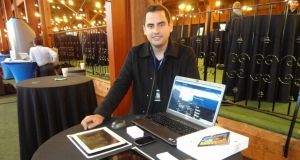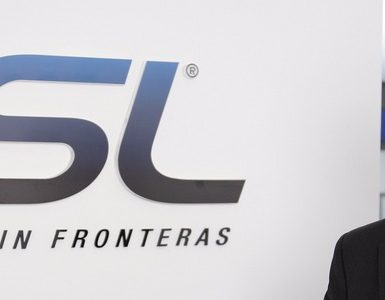Startups are different from one another, but the kind of mistakes they make are often similar. In our case, here are the biggest mistakes that we made which allowed us to grow stronger.
Hire Wrong People
The heart of our company is the people and without our team members we are nothing. That is the number one reason that we started the company in Peru. We got our first contract fast and in a lucky way it was for a Spanish company. We decided to hire someone older that theoretically had more experience than any of us (at that moment we were only two people), thinking that this person will actually be good for the team, but in the end it was the other way around because we didn’t take the time to get to know this person and make the proper selection.
We ended up with a big problem as this person charged us and didn’t even finish the job. We realized that the selection process is critical and we would rather be working with fewer,more committed people than an army that doesn’t help and work as they are supposed to.
Also over the last few years, we hired A1 people but they didn’t like or they didn’t want to understand the culture of the company and that’s critical, too. You must be smart to be in a company but at the same time you must fit into the culture, otherwise it will fail and that’s what happened to us; for that reason we now invest even more in our people.
Communication and Culture
When we were less than 10 people in the company, communication was easy; most of the time we were in the same place working, eating and hanging out together. So everyone was on the same loop, but as we grew it got more complicated. When you have more people, if you are lucky, everyone will be in the same country so communicating is simple. As new clients bring new projects while you grow, it is hard especially because people lose track of where the company is going. That sometimes could have a negative impact on commitments or even the next step in your career, so you have to look for ways to improve that.
Clients and Clientele
Without clients no company will survive, but this doesn’t mean that you have to work with all the companies in the world. Over the years, we worked with small, medium and big companies and, of course, we have had horrible clients. We have also had nice companies that truly see you as a partner, not like some company that must do what they want and how they want. After a couple of years, we were able to select and categorize our clients in order to have a better working experience (of course we had to fire a couple of clients in that process) but that allowed us to grow better and to protect our team… and also avoid psychiatrist bills.
Not Preparing For the Worse
“Expect the best, but prepare for the worst,” is the phrase I would like to use. Sometimes at the beginning we were like OK…we have the estimations, sprints, team, client really commit but we forget that things can always go wrong. It could be something simple or serious but something always happens. We have troubles with servers, Apple, AWS, and Internet, sometimes even the client moves dates or the client’s company goes bankrupt. You must be prepared and this was really helpful because it enabled us to better manage expectations.
Products and output
Like most software development companies, we tried (and we keep trying) to create our own products in order to have something cool that everybody uses and is useful at the same time well. We already had seven products … all of them were a failure for several reasons but it was good because we learned so much in many aspects: technology, management, marketing, product discovery and others that actually were really good because they allowed us to differentiate ourselves from other companies.
Finances and Payments
This is a critical aspect because in our case we were only engineers, so no one knows a lot about finance or that stuff. We underestimate finances in the beginning because we thought that making a sale means that you already have the money on the company bank account. Later on these issues became serious trouble because you can take decisions based on money that will take between 30 and 60 working days to arrive. You can go down really quickly if you forget that. Also, cash flow sounds easy, but keeping it updated is hard. This is really key for startups like mine because with that you’ll be able to project the next year and set up goals.
Partnerships and Deals
Partnerships are win-win relationships and the key to growth — at least that’s what we believed. Even when we made several mistakes on this subject, we partnered with a big company in the U.S. because the idea was to work with their technology and they would get customers that want the technology. Well, that never happened — they only took our money! Something similar happened several times but in that process, we were learning more and more about how to work and what to look for in a partner. Then last year… we finally found it, the perfect partner! It was a long and painful process, but worth it in the end.
Of course there are more than seven mistakes that allowed us to grow and be stronger but these are the biggest ones, hope this helps!










Add comment